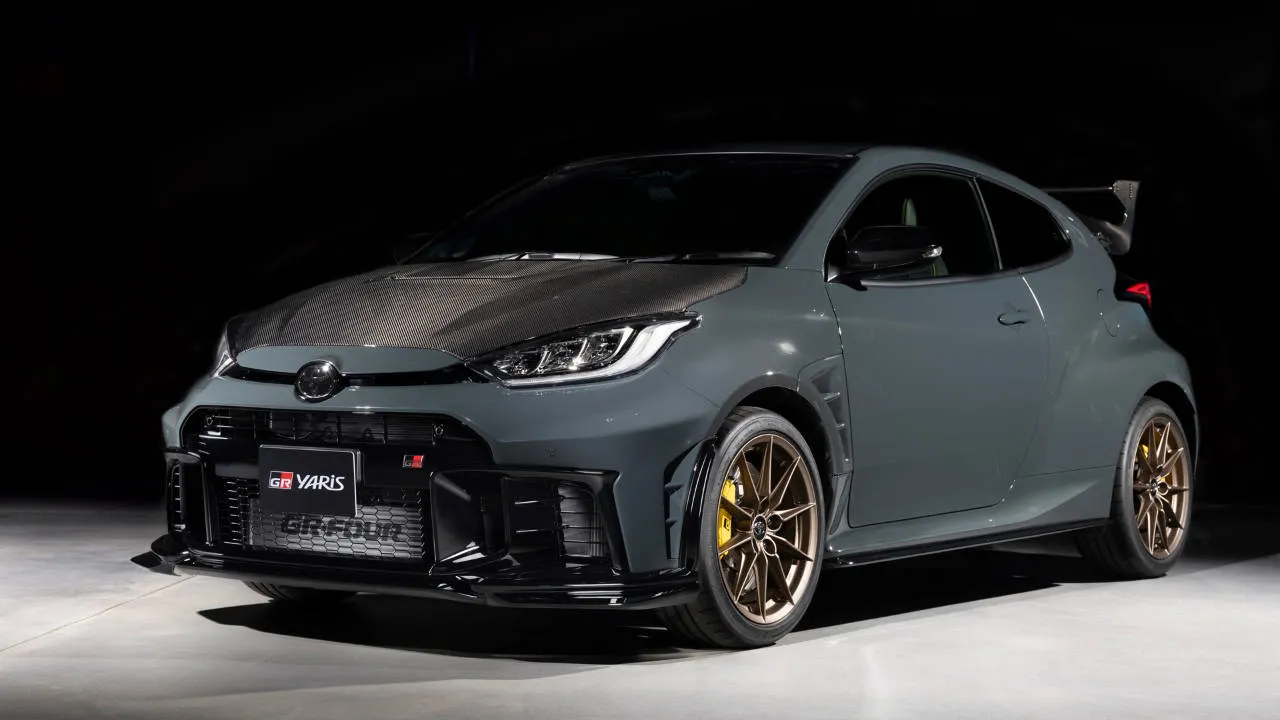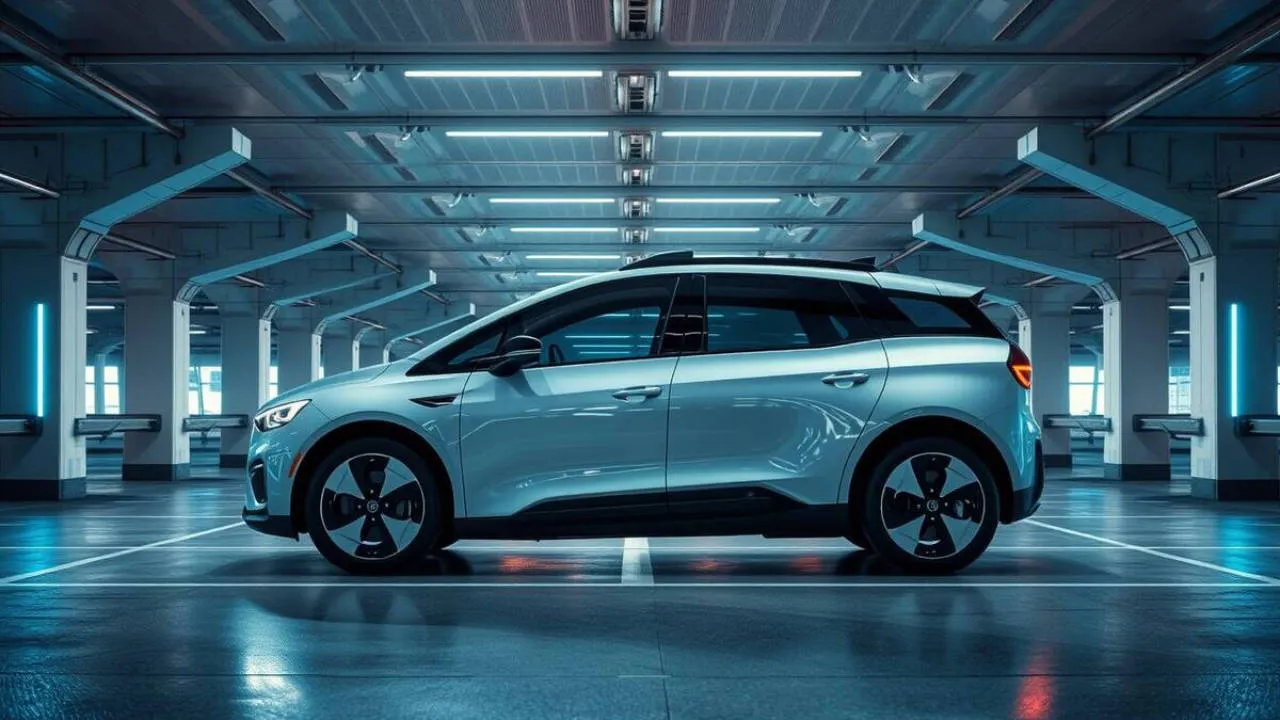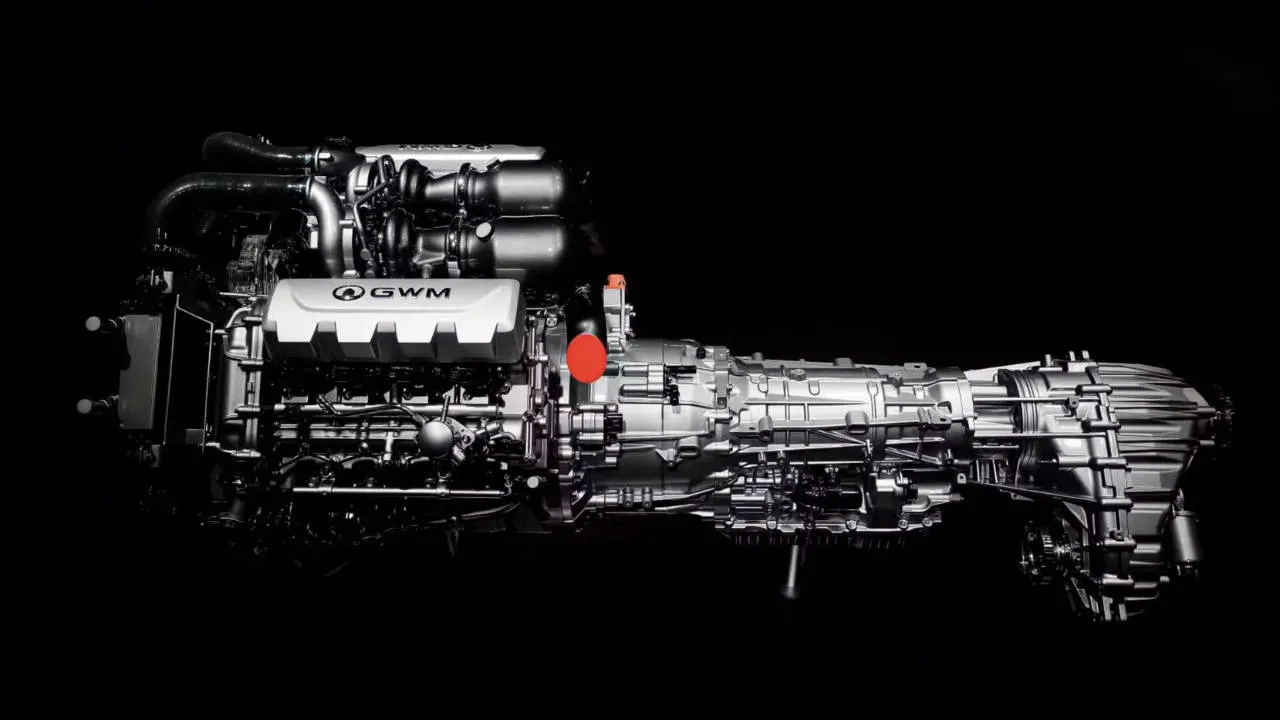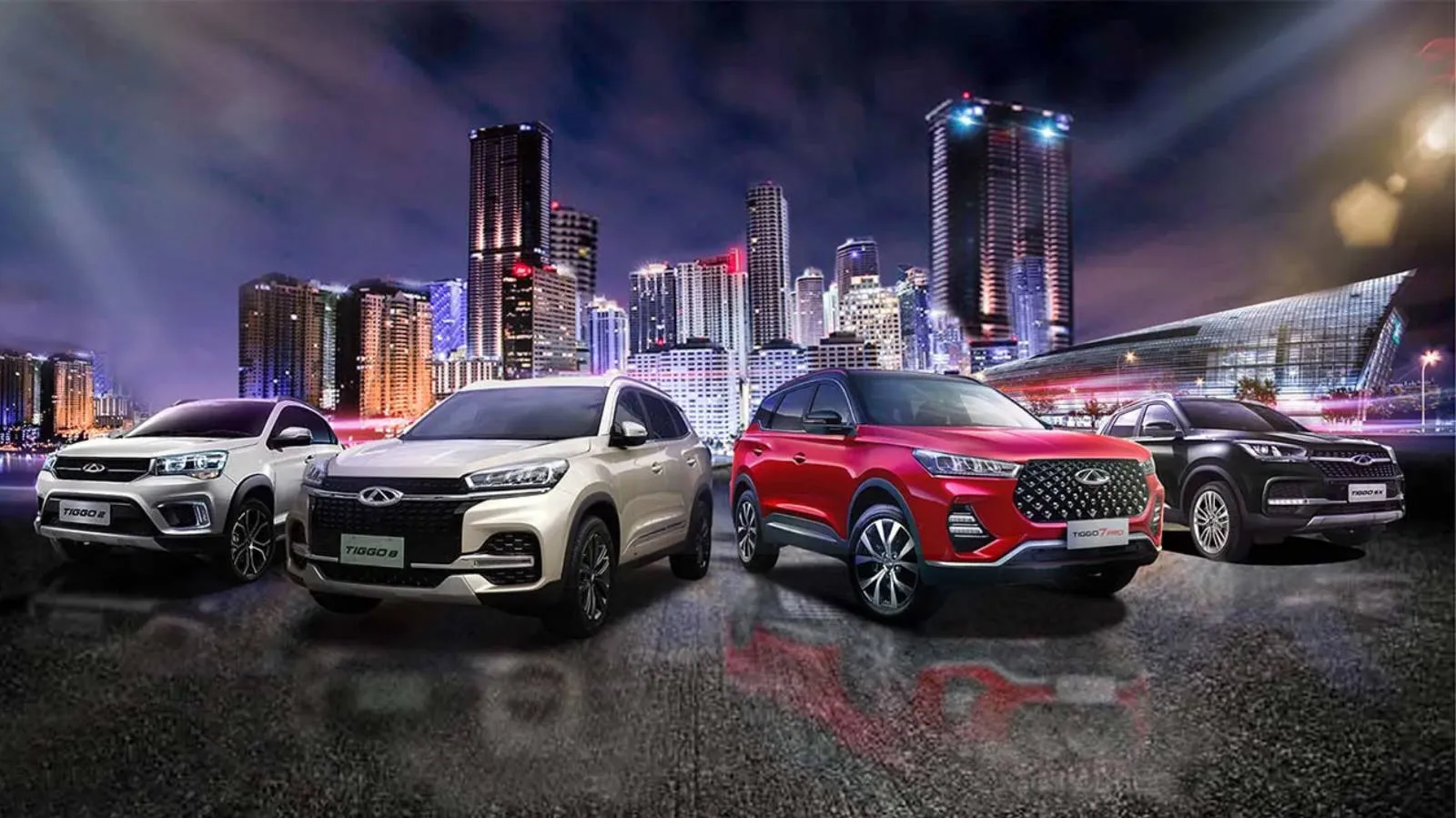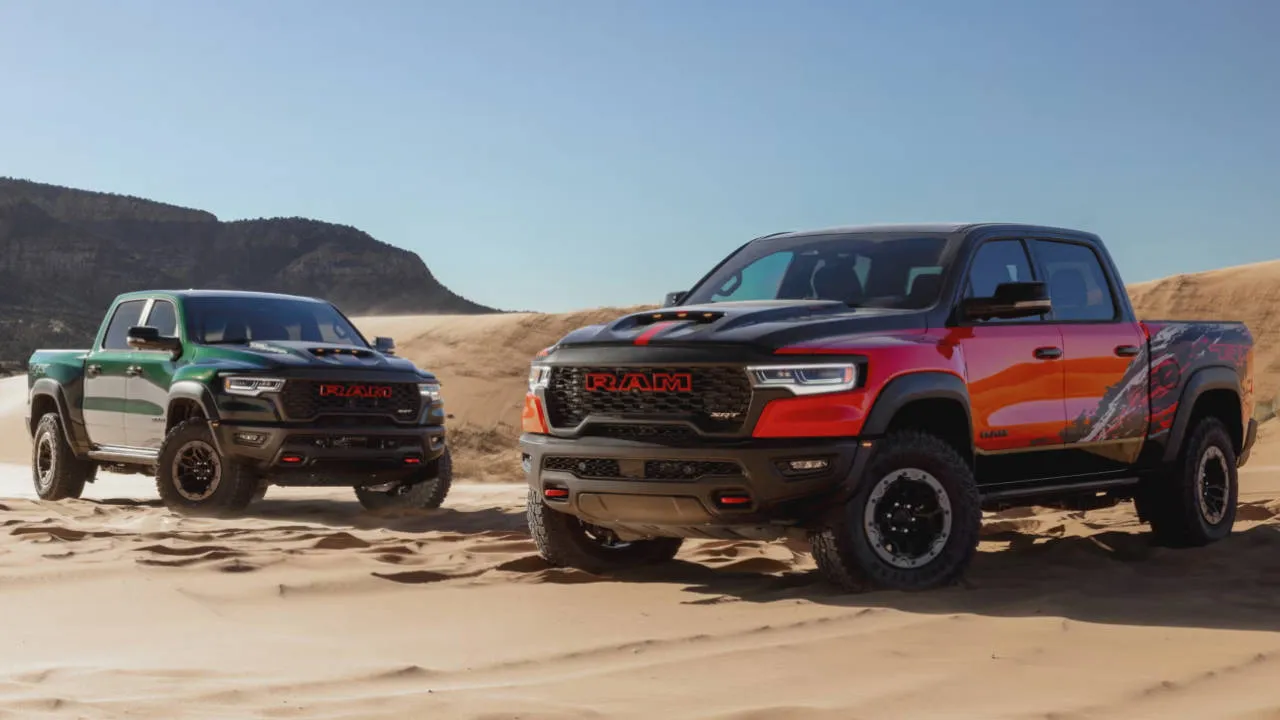BMW & Toyota Collaborate To Offer Hydrogen Fuel Cell Option For Their Cars
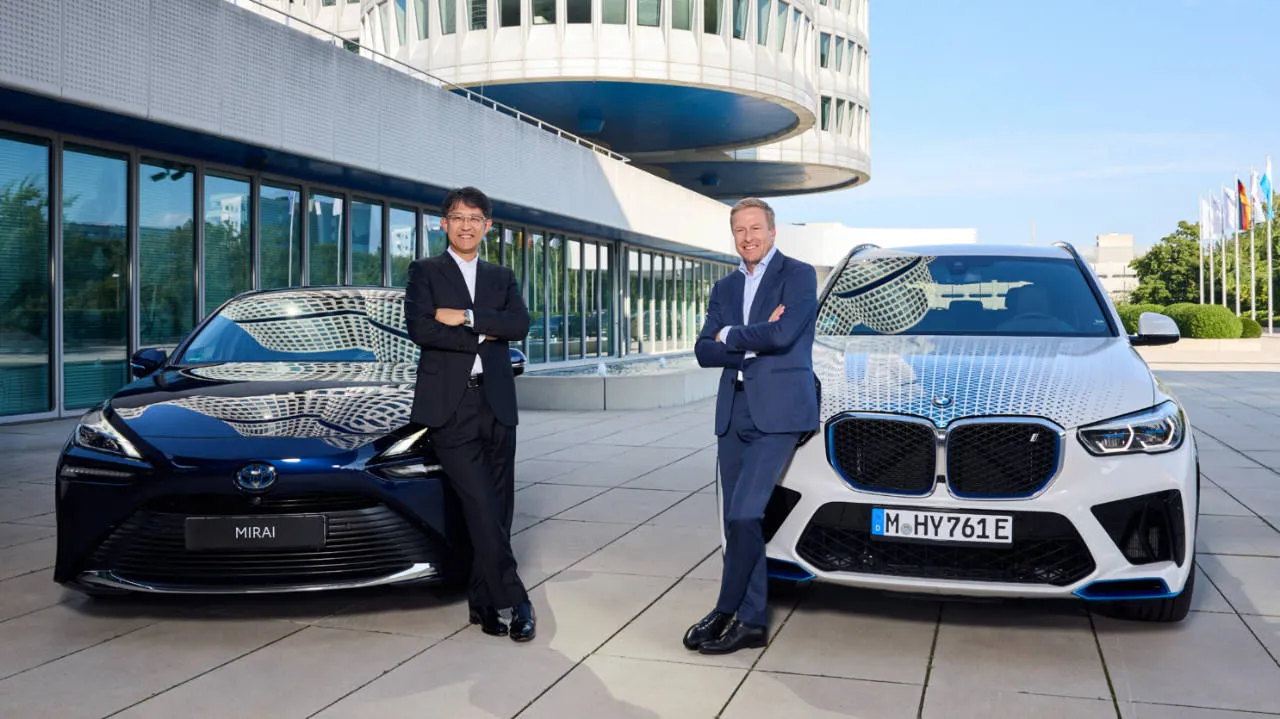
BMW and Toyota, have joined forces to develop hydrogen fuel cell electric vehicles (FCEVs). This collaboration aims to bring a new generation of FCEVs to the market, offering an all-electric powertrain option with zero local emissions.
The partnership is a key step in the companies’ shared vision of advancing hydrogen-powered mobility, with BMW set to launch its first series production FCEV in 2028.
BMW’s First FCEV Launch in 2028
BMW plans to introduce its first series production FCEV in 2028, expanding its eco-friendly vehicle lineup. The hydrogen-powered FCEV will provide an additional zero-emission option, complementing BMW’s current range of battery electric vehicles (BEVs), plug-in hybrid electric vehicles (PHEVs), and internal combustion engines (ICEs).
According to Oliver Zipse, Chairman of the Board of Management of BMW AG, this launch represents a pivotal moment in automotive history, showcasing how technological advancements like BMW Toyota FCEVs are shaping the future of mobility.

Hydrogen Technology Initially Tested On BMW iX5
BMW’s journey into hydrogen FCEV technology began with the BMW iX5 Hydrogen pilot fleet, which has undergone extensive testing worldwide. The successful trials of these vehicles have set the stage for BMW’s upcoming production model.
A Strong Partnership With Toyota
BMW and Toyota have a long-standing partnership spanning over a decade, and this collaboration continues to evolve as they jointly develop next-generation fuel cell powertrain technology.
Koji Sato, President of Toyota Motor Corporation, highlighted the shared passion and belief in ‘technology openness’ and a ‘multi-pathway’ approach to carbon neutrality that underpins the BMW-Toyota FCEV partnership.
The shared powertrain technology will be used across various models from both BMW and Toyota, ensuring each brand retains its unique identity while expanding the range of FCEV options available to customers.
Plans To Use In Commercial Vehicles Too
The companies plan to utilize the jointly developed fuel cell systems in commercial vehicles, enhancing the appeal of hydrogen-powered options across multiple market segments.
This strategy reflects BMW and Toyota’s commitment to a comprehensive approach to hydrogen mobility, positioning FCEVs as a viable solution for both personal and commercial transportation needs.

Advancing The Hydrogen Economy
A key goal of the BMW-Toyota FCEV collaboration is to advance the hydrogen economy. Hydrogen is seen as a crucial energy carrier for global decarbonization, offering an effective means of storing renewable energy and balancing supply and demand in the energy grid.
BMW and Toyota are actively supporting the expansion of hydrogen refuelling infrastructure and collaborating with partners to promote sustainable hydrogen production and distribution.
With BMW set to launch its first FCEV in 2028 and plans to expand hydrogen technology into commercial vehicles, the future of zero-emission transportation is increasingly within reach.
Find used BMW cars for sale in the UAE and new BMW cars for sale in the UAE & Find used Toyota cars for sale in the UAE and new Toyota cars for sale in the UAE.
Subscribe to DubiCars’ WhatsApp Channel for the latest automotive news, guides, polls, and informative infographics.
Stay tuned to UAE’s most popular auto blog for more information about the latest automotive partnership deals in the world.


